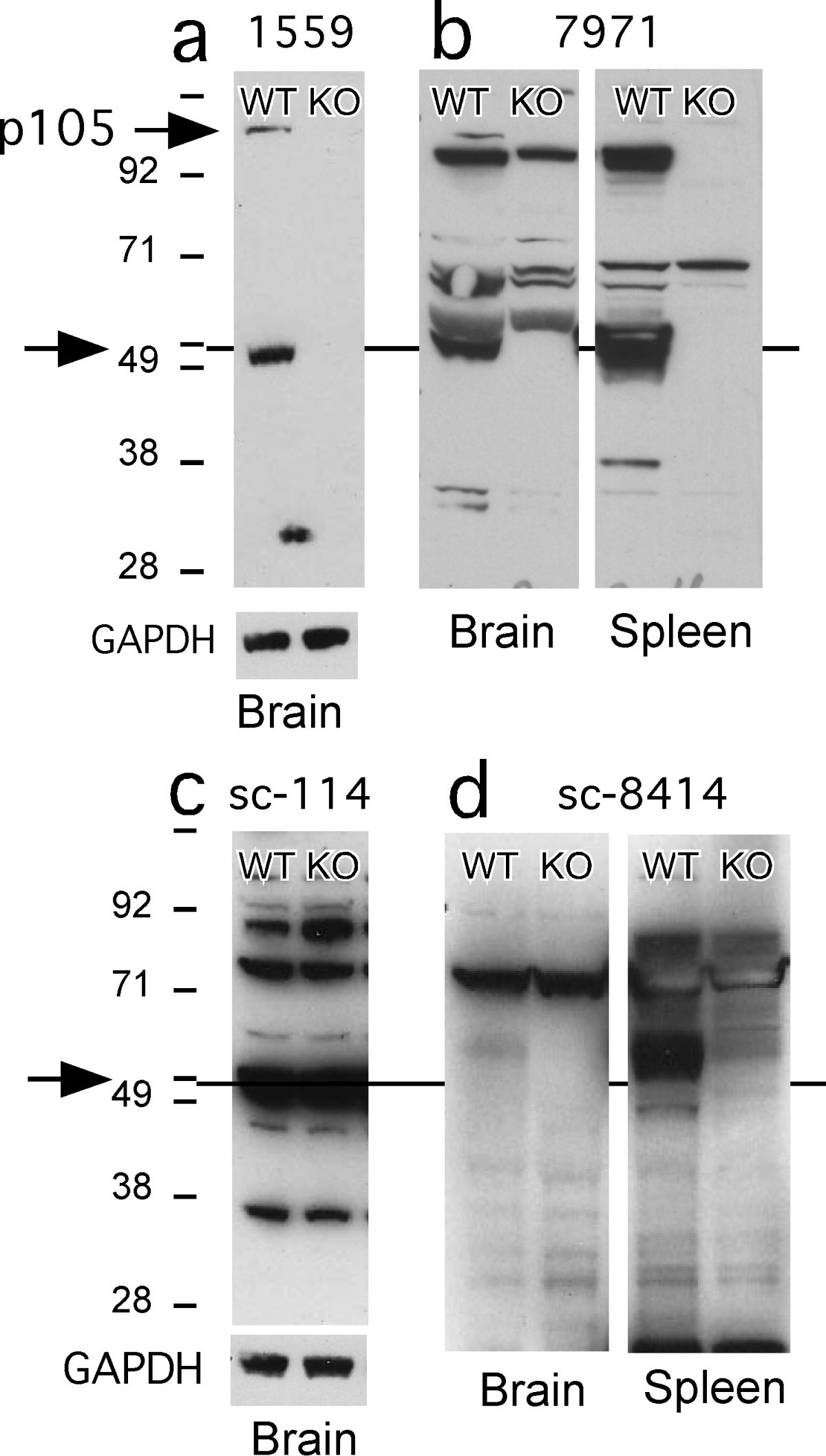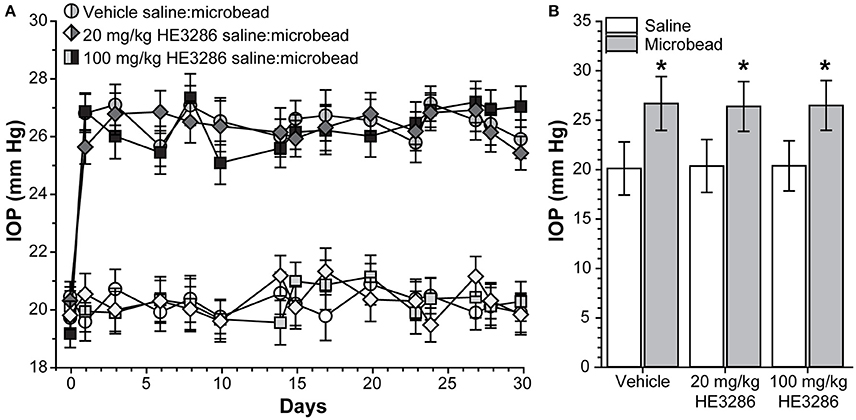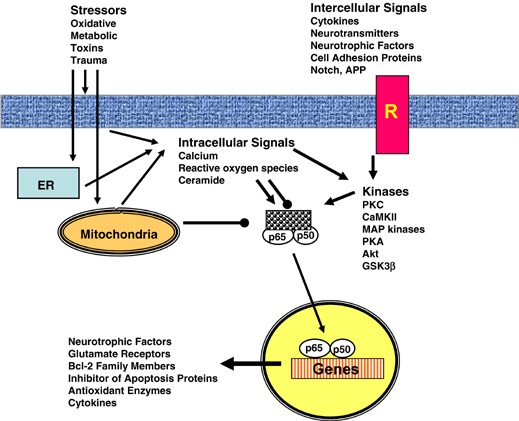Cautionary notes on the use of NF-κB p65 and p50 antibodies for CNS studies, Journal of Neuroinflammation
Por um escritor misterioso
Descrição
Background The characterization and cellular localization of transcription factors like NF-κB requires the use of antibodies for western blots and immunohistochemistry. However, if target protein levels are low and the antibodies not well characterized, false positive data can result. In studies of NF-κB activity in the CNS, antibodies detecting NF-κB proteins have been used to support the finding that NF-κB is constitutively active in neurons, and activity levels are further increased by neurotoxic treatments, glutamate stimulation, or elevated synaptic activity. The specificity of the antibodies used was analyzed in this study. Methods Selectivity and nonselectivity of commonly used commercial and non-commercial p50 and p65 antibodies were demonstrated in western blot assays conducted in tissues from mutant gene knockout mice lacking the target proteins. Results A few antibodies for p50 and p65 each mark a single band at the appropriate molecular weight in gels containing proteins from wildtype tissue, and this band is absent in proteins from knockout tissues. Several antibodies mark proteins that are present in knockout tissues, indicating that they are nonspecific. These include antibodies raised against the peptide sequence containing the nuclear localization signals of p65 (MAB3026; Chemicon) and p50 (sc-114; Santa Cruz). Some antibodies that recognize target proteins at the correct molecular weight still fail in western blot analysis because they also mark additional proteins and inconsistently so. We show that the criterion for validation by use of blocking peptides can still fail the test of specificity, as demonstrated for several antibodies raised against p65 phosphorylated at serine 276. Finally, even antibodies that show specificity in western blots produce nonspecific neuronal staining by immunohistochemistry. Conclusions We note that many of the findings in the literature about neuronal NF-κB are based on data garnered with antibodies that are not selective for the NF-κB subunit proteins p65 and p50. The data urge caution in interpreting studies of neuronal NF-κB activity in the brain.

Figure 1.5 from Is there a role for NF-κB in the suprachiasmatic circadian clock?

NF-kB: a crucial transcription factor for glial and neuronal cell function - ScienceDirect

Spinal NF-kB upregulation contributes to hyperalgesia in a rat model of advanced osteoarthritis - Yunze Li, Yixin Yang, Jinwan Guo, Xuejiao Guo, Zhiying Feng, Xuli Zhao, 2020

Nuclear factor‐kappa B (NF‐κB) in pathophysiology of Parkinson disease: Diverse patterns and mechanisms contributing to neurodegeneration - Dolatshahi - 2021 - European Journal of Neuroscience - Wiley Online Library

Menin Deficiency Leads to Depressive-like Behaviors in Mice by Modulating Astrocyte-Mediated Neuroinflammation - ScienceDirect

Cautionary notes on the use of NF-κB p65 and p50 antibodies for CNS studies, Journal of Neuroinflammation

Nuclear Factor-κB Contributes to Neuron-Dependent Induction of Glutamate Transporter-1 Expression in Astrocytes

Figure 1.5 from Is there a role for NF-κB in the suprachiasmatic circadian clock?

Frontiers Oral Delivery of a Synthetic Sterol Reduces Axonopathy and Inflammation in a Rodent Model of Glaucoma

Protein kinase D exerts neuroprotective functions during oxidative stress via nuclear factor kappa B‐independent signaling pathways - Liliom - 2017 - Journal of Neurochemistry - Wiley Online Library

Atorvastatin Prevents Neuroinflammation in Chronic Constriction Injury Rats through Nuclear NFκB Downregulation in the Dorsal Root Ganglion and Spinal Cord

Nuclear Factor-κB Contributes to Neuron-Dependent Induction of Glutamate Transporter-1 Expression in Astrocytes

Roles for NF-κB in nerve cell survival, plasticity, and disease

Nuclear Factor-κB Contributes to Infarction After Permanent Focal Ischemia
de
por adulto (o preço varia de acordo com o tamanho do grupo)







